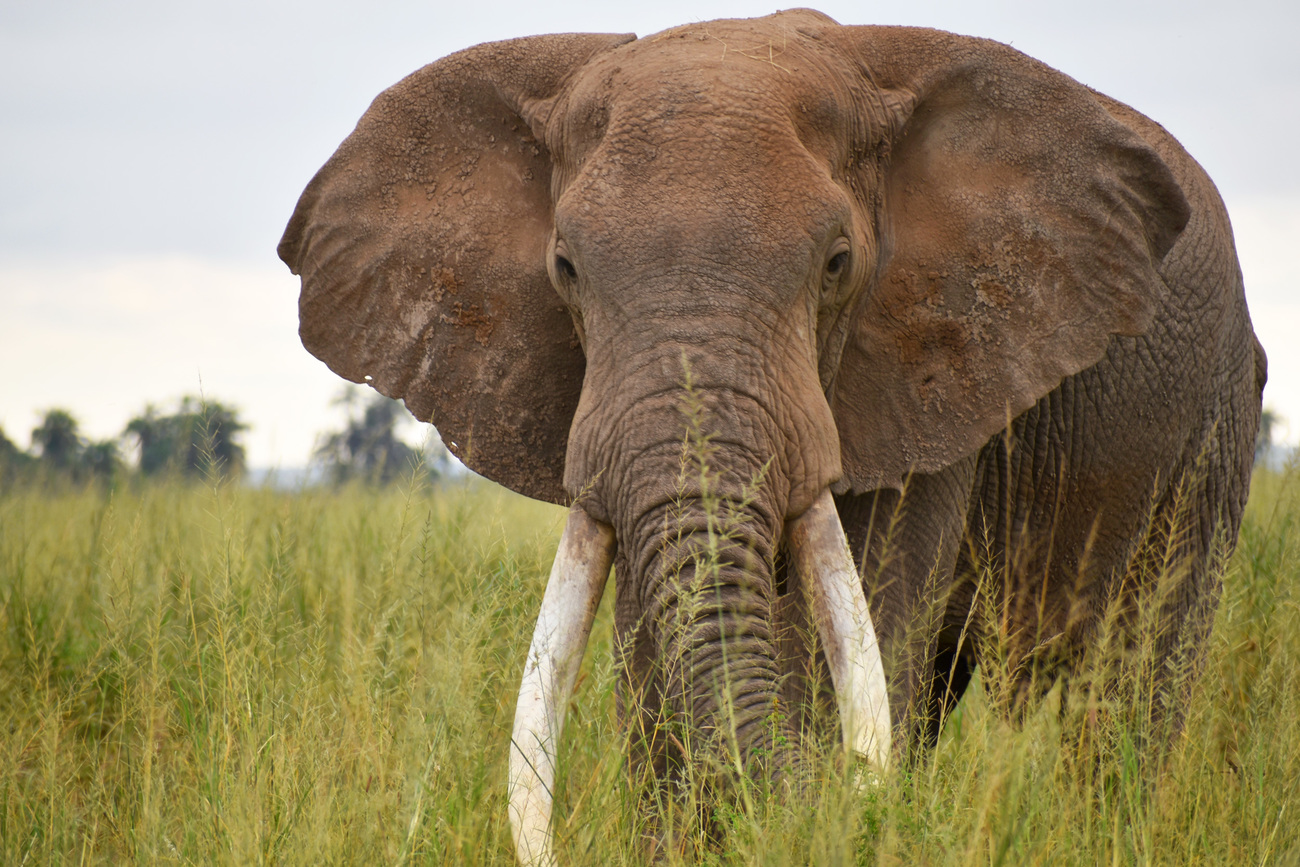Wildlife Crime Prevention - Europe
The European Union is widely considered to be the third largest destination for illegal wildlifeifaw commends Belgium for passing an ivory ban
ifaw commends Belgium for passing an ivory ban

The International Fund for Animal Welfare (IFAW) commends Belgium after the passing of a ban on ivory trade by its Chamber of Representatives last night. IFAW however regrets that the legislation is not as strict as it could have been since the trade of worked-ivory items dating before 1975 will still be allowed.
This legislation comes after a non-binding resolution by the Belgian Senate last February inviting both the Belgian government and the European Union (EU) to ban ivory trade.
“This ban is a good news as Belgium joins a global movement to close domestic ivory markets with a good step in the right direction. We were expecting a much more stringent legislation but still hope that this new move by yet another Member State will finally push the European Union to take responsibility and implement a ban on ivory trade,” says Staci McLennan, EU Office Director at IFAW.
After the Netherlands banning trade on raw ivory and the United Kingdom passing one of the toughest ivory ban in the world last December, Belgium is now the third country in four months to tighten its legislation on ivory. The ban passed yesterday forbids the trade of raw ivory and of worked ivory items past 1975, along with most imports and exports.
At least 20,000 elephants are killed every year in Africa for their ivory and their population numbers are shrinking to the lowest level ever. While the international trade of African ivory has officially been forbidden since 1990, legal loopholes and exceptions in several countries allow legal trade to continue.
Indeed, the EU Wildlife Trade Regulations permit the purchase and sale of ivory under specific conditions if it is claimed to be “antique” – a worked ivory item acquired before 1947 – or has been obtained before 1990.
“There is strong evidence that illegal new ivory is being sold as antique, which leads to ivory laundering, feeds the demand and therefore can encourage poaching. There is however a simple and efficient solution to these loopholes: an EU-wide ban on ivory trade that would forbid intra and extra-EU trade on both raw and worked ivory with some clear exemptions,” explains Eleonora Panella, Senior Campaigner at IFAW and coordinator of the EU ivory ban campaign.
IFAW carried out an opinion poll in May 2017 that showed over 65 percent of EU citizens would support a full ban on the trade of all ivory in the region.
“The time has come for the EU to join other global leaders and take a huge step for both animal conservation and combatting wildlife crime by closing the ivory trade to protect elephants,” concludes McLennan.
Three years ago at the 17th meeting of the Conference of Parties (CoP) to the Convention on International Trade in Endangered Species of Wild Fauna and Flora (CITES), following an elephant poaching crisis in Africa, Parties adopted a resolution calling on countries with legal markets that were contributing to poaching or illegal trade to close their domestic ivory markets.
The issue will be discussed again next month at the CITES CoP 18 in Sri Lanka.
ENDS
Note to Editors
1. Across the globe, the United States, China, France, Luxembourg, the Netherlands and the United Kingdom have all passed national legislations to further restrict the trade of ivory.
2. Under the EU Regulation (EC) 338/97, antique ivory can be traded in the EU without any kind of certificate, while ivory items dating between 1947 and 1990 require a trade certificate. Several regulations also address the import and export of antique and pre-1990 ivory, but these rules suffer from numerous loopholes. See TRAFFIC’s report on the re-export of pre-convention/antique ivory from the European Union.
For more information:
Eleonora Panella, Senior Campaigner, +32(0) 472 58 23 72, epanella@ifaw.org
Benjamin Wiacek, Communications Manager, + 32 (0)472 17 15 81, bwiacek@ifaw.org
For updates on IFAW's work on Twitter, please follow @IFAWEU.
Related content
Our work can’t get done without you. Please give what you can to help animals thrive.